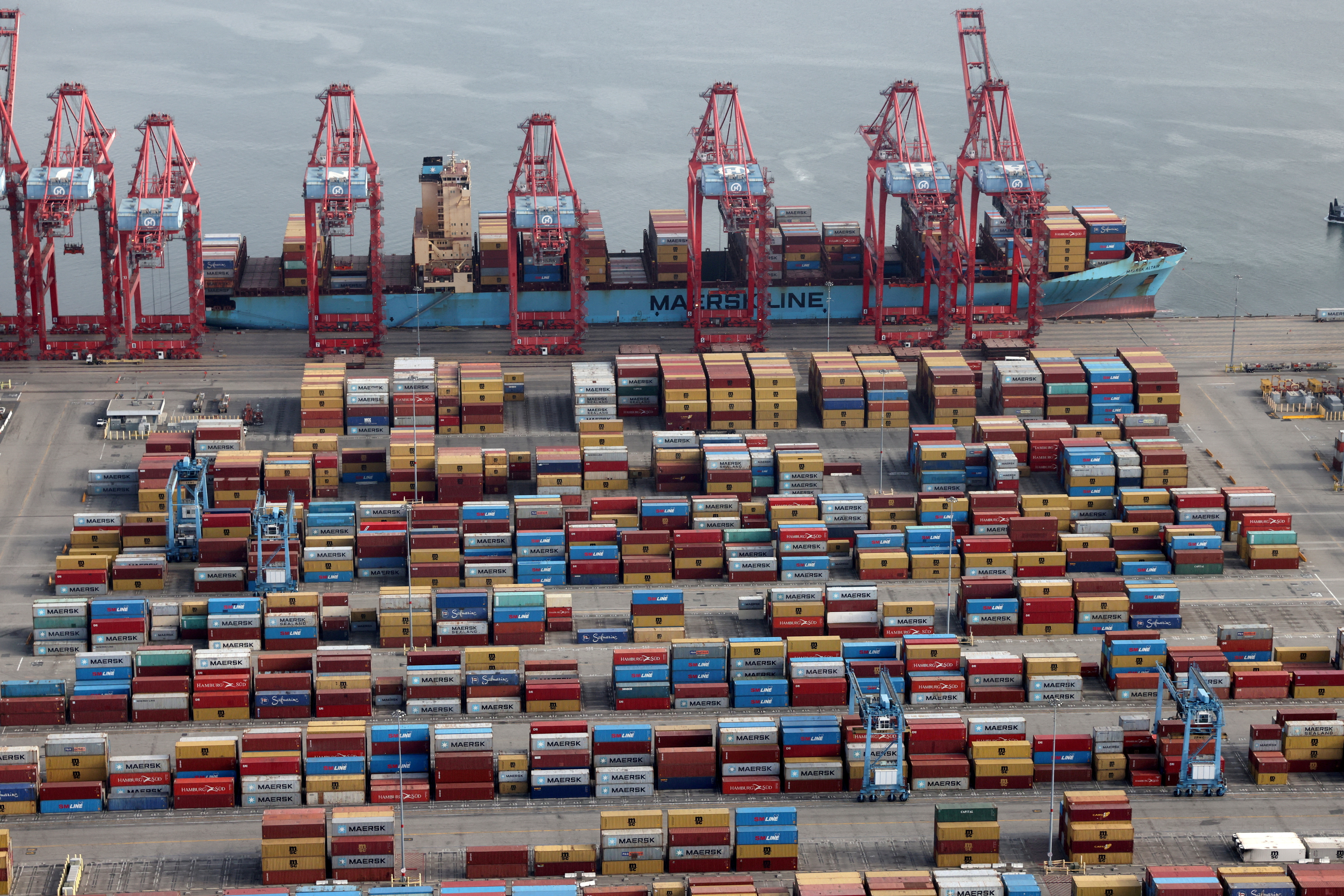
Red Sea crisis puts Transpacific contract negotiations in the balance
OSLO : Container rate negotiations on the Transpacific are about to begin in earnest, but Xenata believes shippers and carriers both have strong hands and that will make discussions long and complex.
As negotiations begin Xenata has reported that its XSI index made its biggest increase since June 2022, rising to 154.4 in February, but the analytics company says the increases are almost entirely due to the Red Sea surcharges added to existing contracts.
Contract negotiations on the Pacific traditionally begin with the Transpacific Maritime conference in Long Beach which kicks off this weekend. Expectations, late last year, were that the carriers’ position would be undermined by the huge surge in capacity being delivered by shipyards.
Conflict in the Middle East has, however, altered that picture substantially with carriers operating between Asia and Europe using excess tonnage to maintain weekly schedules while diverting ships, from the under fire Red Sea region leading into Suez, around the African Cape.
In diverting these services carriers have deployed up to an extra three ships per loop to maintain the weekly deliveries, and have deployed feeder ships to deliver to Mediterranean destinations, draining the excess capacity pool as they did so.
Michael Braun, Xeneta VP of customer success and solutions, said: “We have seen the impact of the Red Sea surcharges on long term rates at a global level,” however, he asks “are we now going to see it on a regional level, particularly on the Transpacific?”
According to Braun the current state of play in discussions has left shippers and carriers around $1,000 per feu apart and that both sides will need to find an acceptable compromise.
“Transpacific rates are driven by supply and demand, but imports into the East Coast are impacted by either the situations in the Suez Canal or Panama Canal. Both routes are full of negative consequences and an upward cost ticket is unavoidable.
“If I’m a freight professional shipping out of India to the US East Coast I am currently looking at a doubling of my costs on the spot market,” explained Braun.
Xenata believes there needs to be flexibility on both sides of the table to reach an acceptable outcome, and as such Braun is not expecting a rapid resolution to contract negotiations this year.
“Clearly there needs to be some flexibility built into the new agreements otherwise it is a big risk for both sides. It could be done through agreement to review after three months or an index to mitigate risk.
“It depends on the individual players but there has to be a variable element.”

